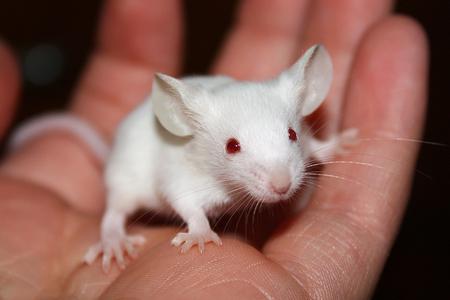Social Studies
MN
Psychology
Unlocking human behavior and making life-changing discoveries that help people live better lives.
Designing Smarter Ways to Quit Smoking

UMN Psychologist Alexander Rothman looks at how long-term treatment can help more people quit smoking.
Are "Hybrid" Activities Like Volunteering or just Light Volunteering?

UMN Psychology Professor Mark Snyder looks at new kinds of community service to understand why people volunteer.
Studying the Social Symptoms of Autism with Mice

Research from UMN Psychology looks at how genetic changes in mice change their social behavior.
What We (Don’t) Know About Reducing Police Bias

UMN psychologist Eugene Borgida outlines what we know, and what we need to learn, about reducing police bias.
Reaching Stressed Out College Students Online

Research from UMN Psychology shows how online programs can help college students cope with stress.
How Schools Can Get Children to Eat Their Vegetables
Schools, nutritionists, and behavioral scientists are putting science to work to figure out how to get children to reach for a carrot instead of a candy bar. Psychology professor Traci Mann talks about some methods schools are trying.
Big Questions: How Do We Move Beyond Stigma in Mental Health?
Discussions about mental health often focus on the role of stigma in preventing people from accessing mental health resources. Join us as we explore how we can move beyond stigma in our efforts to address mental health concerns, improve access to mental health services, and enhance well-being for all.
Why More Democrats Are Now Embracing Conspiracy Theories
UMN political scientists Christina Farhart, Joanne Miller, and Kyle Saunders study how Democrats and Republicans changed in their conspiracy beliefs during the 2016 election.

